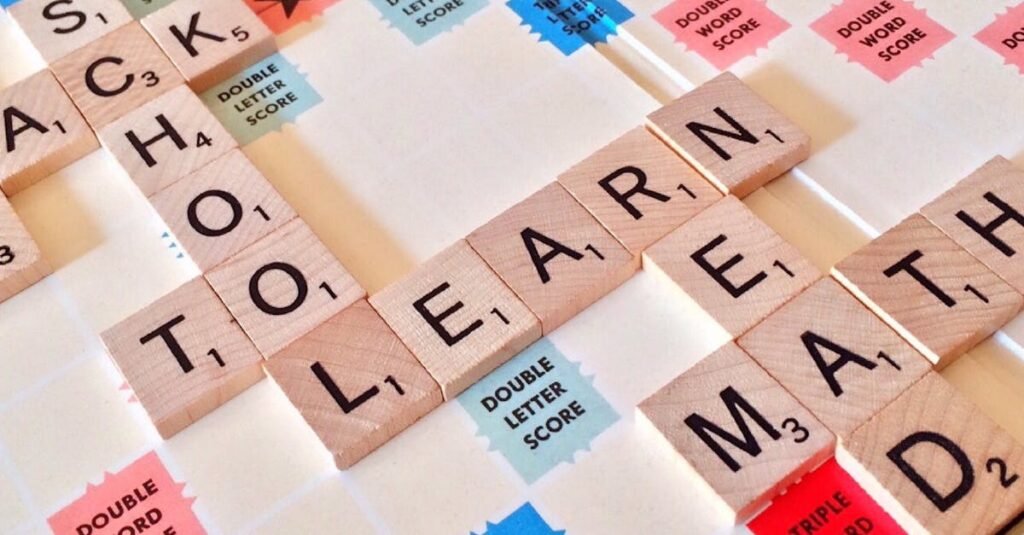Boosting Brainpower Through Fun Challenges

Introduction
From crosswords and riddles to mazes and sudoku, puzzle games aren’t just entertaining – they’re powerful tools for child development. Whether your child is just learning letters or already solving more complex problems, puzzles can enhance essential skills in a fun and engaging way. Here are six compelling reasons why every child should be introduced to puzzle games.
1. They Improve Logical Thinking
Puzzles help children recognize patterns, make connections, and develop logical reasoning. Solving a maze or a sudoku grid requires step-by-step thinking and careful planning – skills that transfer directly into academics and problem-solving in real life.
2. They Strengthen Patience and Focus
Puzzle games teach kids that solutions aren’t always instant. By working through challenges at their own pace, children learn to stay focused, persevere, and celebrate small victories.
3. They Boost Memory and Attention to Detail
Activities like matching games or crossword puzzles improve short-term memory and attention span. Kids learn to recall clues, observe closely, and hold information in their minds while solving the challenge.
4. They Develop Fine Motor Skills
Whether it’s drawing paths in a maze or writing answers into a crossword, puzzle games improve hand-eye coordination and pencil control—especially helpful for younger children preparing to write.
5. They Encourage Independent Learning
Puzzles are great tools for self-guided learning. Children can work through them on their own, build confidence, and enjoy the satisfaction of completing a challenge without assistance.
6. They Spark Joy and Creativity
Not all puzzles are rigid. Riddles and creative word games encourage playful thinking and imagination. Even traditional formats like word searches can be themed (space jokes, animals, fairy tales), making them fun and appealing to every interest.
Conclusion
Incorporating puzzle games into your child’s routine is an easy and effective way to support their cognitive, emotional, and academic development. With countless formats and difficulty levels available, there’s a puzzle game for every age and interest. So why not grab a book of mazes, try out a word search, or challenge your child with a fun riddle today?
